Allow me to share a few personal anecdotes…
My dear aunt recently passed away from bone cancer at just 60. To make sense of her passing, I went through a period of blaming the doctors, her Christian Science background (which doesn’t believe in medicine), my aunt for not listening to her body, the genetics of our family, and so forth. I wanted a reason. There had to be someone or something that could have prevented, what seemed like a premature death.
My relationship of a few years recently ended. I could relish in the righteousness and the agony of everything he did wrong, which at the surface feels good, but even that won’t change the fact that we ultimately came to an impasse.
Blame has always felt like a sharp tool to fight that which feels most vulnerable and most uncomfortable. The grief, the guilt, the shame, and the agony of surrendering what feels like control, often feels impossible.
Blame assumes if can we can pinpoint a cause, that thing — won’t happen. What if — we don’t know? What if there is no “root cause?”
I now know I can release the notion that my aunts death was somehow at the feet of a singular someone or something and I can choose to love the end with my ex.
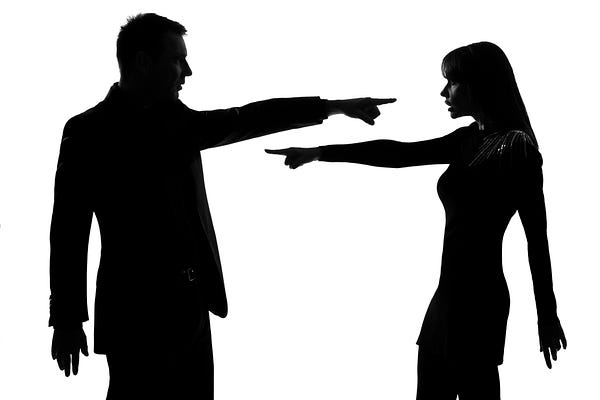
I’d rather look for solutions and ways to deepen my relationship to others and humanity, rather than separate in some sort of stand off, where I’m right and something or someone else is wrong. I’d rather be with the pain, especially if that means that I don’t have to pass that inner turmoil on to another.
What I’ve discovered is that on the other side of blame, there is something more exciting… A sense of connection— something I can’t even find the right word for. A point of relief and release. A belief that everything is connected and we’re all a part of everything we’re creating and have created.
When we blame people or systems, we absolve ourselves from feeling any real connection to the person or the problem. We disconnect. We stop being curious. We stop listening. We stop learning. We fold inward.
And this wall of separation hurts on a level we can sense, but have lost the impulse to feel.
All of this has me thinking about how social systems for moral and economic regard are rife with blame, haves and have nots, and sin and grace.
Empathy is the pathway to feeling a sense of connection, collective ownership, and the sense that none of us are so different, activating change by sharing responsibility — whereas blame passes discomfort, anger, and frustration onward.
What if we created systems that simultaneously stimulated a sense of connected empathy and supported shared responsibility? What if we could find a way to collectively hold space for answers to emerge, including the whole ecosystem in that understanding?
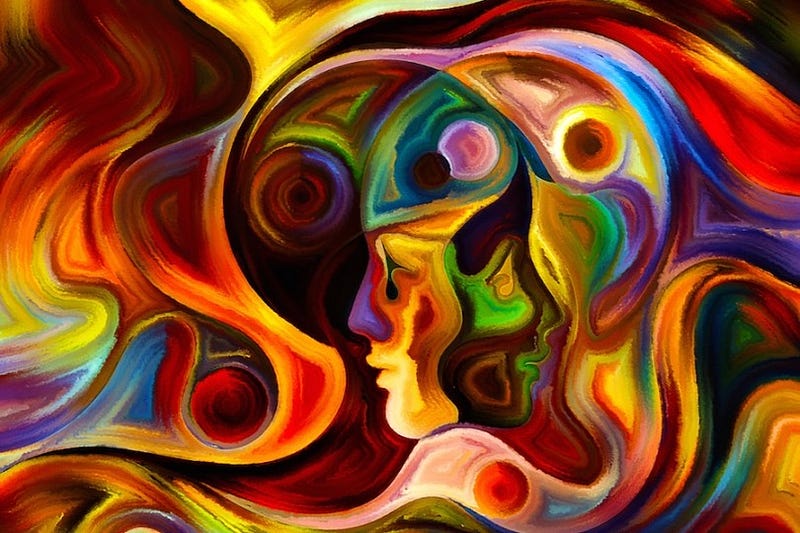
What if we operated with mindful action versus chain-like reaction?
What if our hearts are smarter than our cultural brains give us the license to be?
Blame touches everything from our justice system, to the distribution of food, to how we think about borders, and our place in the world.
I recognize that when tragedy strikes, we like to point fingers as a way of assuage and prevent future pain, but what if this is not actually the most intelligent way to handle things?
Blame is punitive, fault finding. And it’s most definitely a subtle, nearly invisible form of violence that we’ve built deeply into our conditioning, by which even language reinforces.
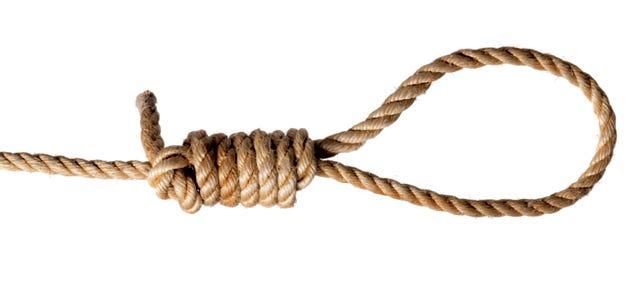
Blame as a language
Blame is most definitely a language — built into our sociocultural patterning and into the way we speak, construct sentences, think about agency, and our place in the world.
Blame requires a victim. There is someone or something that has been “wronged” and there is a “wronger.” And with this equation, everyone loses. We’re all caught in a story that leaves us on edge, gossiping, and deepening our judgement. And if we internalize the pain, instead of looking outward, that voice can be driven toward the self, which is equally as devastating, creating an ongoing cycle of abuse.
We are imprinted that every action and inaction has a person, place, or thing associated. That’s the very basis of the English language, in fact.
Noun + Verb = Complete Sentence.

This is not true of all languages. For example, in Japan, a more collective culture, blame is not inherent in the way that a sentence is constructed. “English likes to describe events in terms of agents doing things. English speakers tend to say things like “John broke the glass” even for accidents. Speakers of Spanish or Japanese would be more likely to say “the glass broke or the glass was broken,” writes Lera Boroditsky in the Wall Street Journal.
Lera goes on to say, “It turns out that if you change how people talk, that changes how they think.” If you want a way to think and speak that limits blame, check out non-violent communication.
Language is just the beginning. Our systems and social institutions also give blame wings.
Social structures reinforce blame
We’ve social created structures and systems that give us the right and the tools to blame others and remain in a story of separation, the story that our economy, religion, and politics are built on.
We’ve designed a culture that numbs empathy, replacing feeling for others with bifurcated definitions of “success or failure,” “good or bad,” “right or wrong,” “accurate or inaccurate,” “enemy or friend.”
We want someone or something that has to be answered to.
At the systemic level, blame plays a role in how we decide to punish, conclude, believe, mandate, separate, and profit.
Justice — Our justice system is the result of thinking there is a victim and victimizer and that the victim must be vindicated by the punishment of the “criminal.” Instead of looking at this holistically, as a system, where criminals are the result of the culture and the responsibility of society at large, we utilize blame to make “other,” judging their actions, locking them away, casting them aside, sometimes killing them. Just as there is another way to look at language, there are many ways to look at justice. Enter restorative justice, the empathetic equivalent to punitive justice.
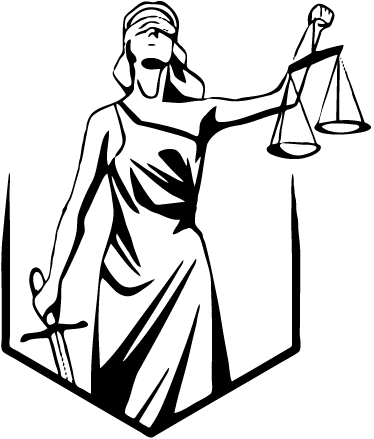
According to Wikipedia, “Restorative justice is an approach to justice that focuses on the needs of the victims and the offenders, as well as the involved community. Victims take an active role in the process. Meanwhile, offenders are encouraged to take responsibility for their actions, to repair the harm they’ve done — by apologizing, returning stolen money, or community service. In addition, the restorative justice approach aims to help the offender to avoid future offenses.”
In an example of restorative justice at work, “Atkinson Secure Children’s Home has seen a 91% decrease in the use of restraint by using restorative justice — a technique which facilitates communication between victims and perpetrators involved in conflict.”
Science — With science, if you can test something, you can know that it’s true. And if we follow linear thinking to the nth degree, perhaps we can outthink nature, no longer needing a physical form. While I love science, I question the way we like to conclude versus explore and ask more questions. We don’t seem to be satisfied with gray areas, and life is full of them.
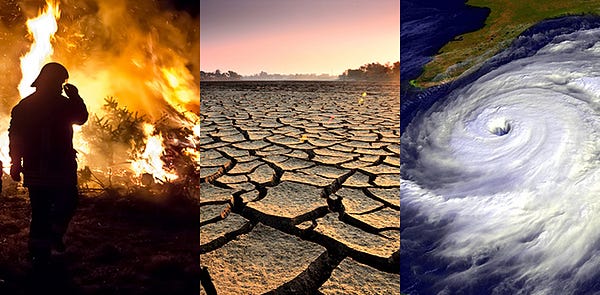
For example, are greenhouse gases really causing climate change? Maybe, but we can’t be sure. And by assigning conclusions onto one thing or another, perhaps we miss the idea that everything works together. Maybe climate change isn’t one or four things, but rather a whole host of realities colliding of which we can only see a small part of. After all, we are alive because there are ecosystems of interdependence that supports human life. If we thought of our connection to the as supporting our every breath, perhaps we’d make different choices as individuals and as a country, which would inevitably lead to more harmony in our weather patterns.
Religion — Many world religions use blame as a means of control, shame, and guilt. You are a sinner. You must repent. You’re wrong. Your thoughts are wrong. You are tempted by the devil.
If your spiritual understanding “others” you, you’ll pass that pain onward as a practice of your faith.
Politics
Politics are also rife with blame. You can’t listen to a presidential debate without the use blame as a means of separating themselves from the act or deed of another, rather than sticking to the truth of their own message.
Blame is the also at the center of the decision to strike, go to war, torture people, or take away their rights as a means of “protection and safety.”
Take gun control. While guns are certainly an element of school shootings, the kids shooting the guns are a product of our society. What did we do as a nation to bring up children who go to school and murder other children? How do we find ways to heal, together? Why aren’t we asking these questions?
Individualism
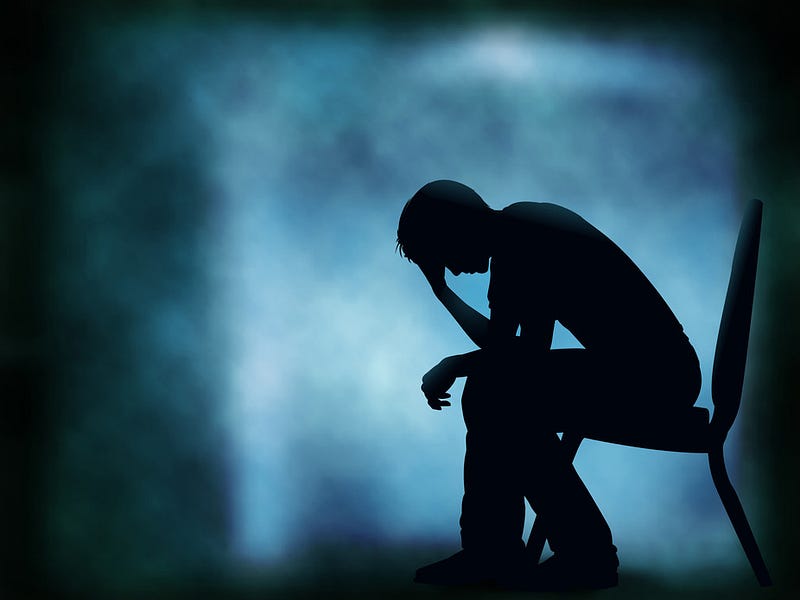
Individualism teaches a form of separation that seems to have many people feeling lonely, broken (or broke), on an endless pursuit to life, liberty and the pursuit of worthiness.
When we operate as separate beings, we forget the empathy that’s connected through meeting our needs together. The more we meet our needs with mechanized efficiency, pushing people out of the equation, the more we will remain in our ego selves, striving to outdo one another. There is a way to use technology to enhance our connectedness, but this would require letting go of production as the main measure of value.
Capitalism — Many act on the belief that poverty is a choice, with the thought that all people have equal have access to resources and education. Instead of being curious and asking questions centered around inclusion, we often exclude and create the context for “other.” Capitalism blames individual people for their failures, whereas more collectivist societies look at the wellness of all people as a measure of success.
We can’t blame the system either.
Blaming capitalism for the financial crisis misses the mark too. When we blame people or systems, we remove our agency from the process. We give up our right as humans to act and react and to be part of the solution. We separate and absolve ourselves from feeling any real connection to the result or the problem.
Let’s create systems that reflect a collective responsibility and reward us in moving together, incentivizing our inner growth as humans, and external richness as a planet. This means moving away from profit at any cost, deconstructing the motivations for unbridled material wealth, and acting on blame as a means of self-protection and social preservation.
What then, is the answer?
I could end this inquiry with answers to the questions I’ve posed, but I don’t have them. We need to find them together.
What I’m advocating for is letting go of blame as a necessary construct — letting go of the instinct to blame others, situations, ourselves, and society… looking toward a more constructive approach, which values understanding and our interconnection to all rather than “us versus them” or “ourselves against the world.”
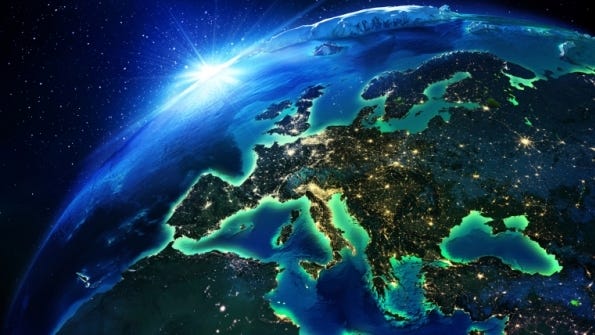
Our next age and stage involves shifting our inner and outer dialogue —a cascading truth that love is more energizing than fear, more true to our nature than blame, and frankly, more sustainable for the universe.
What are your thoughts?